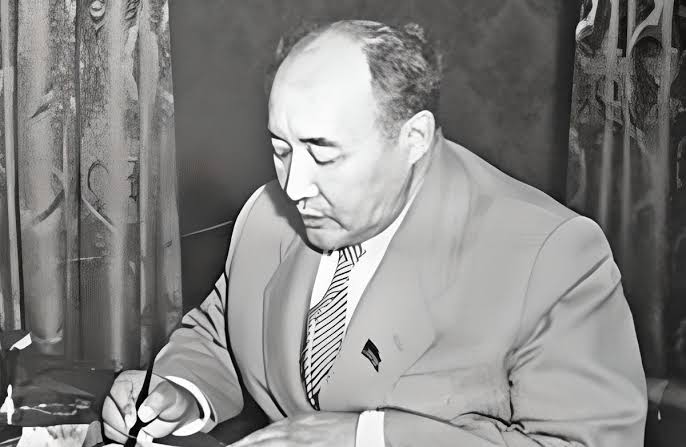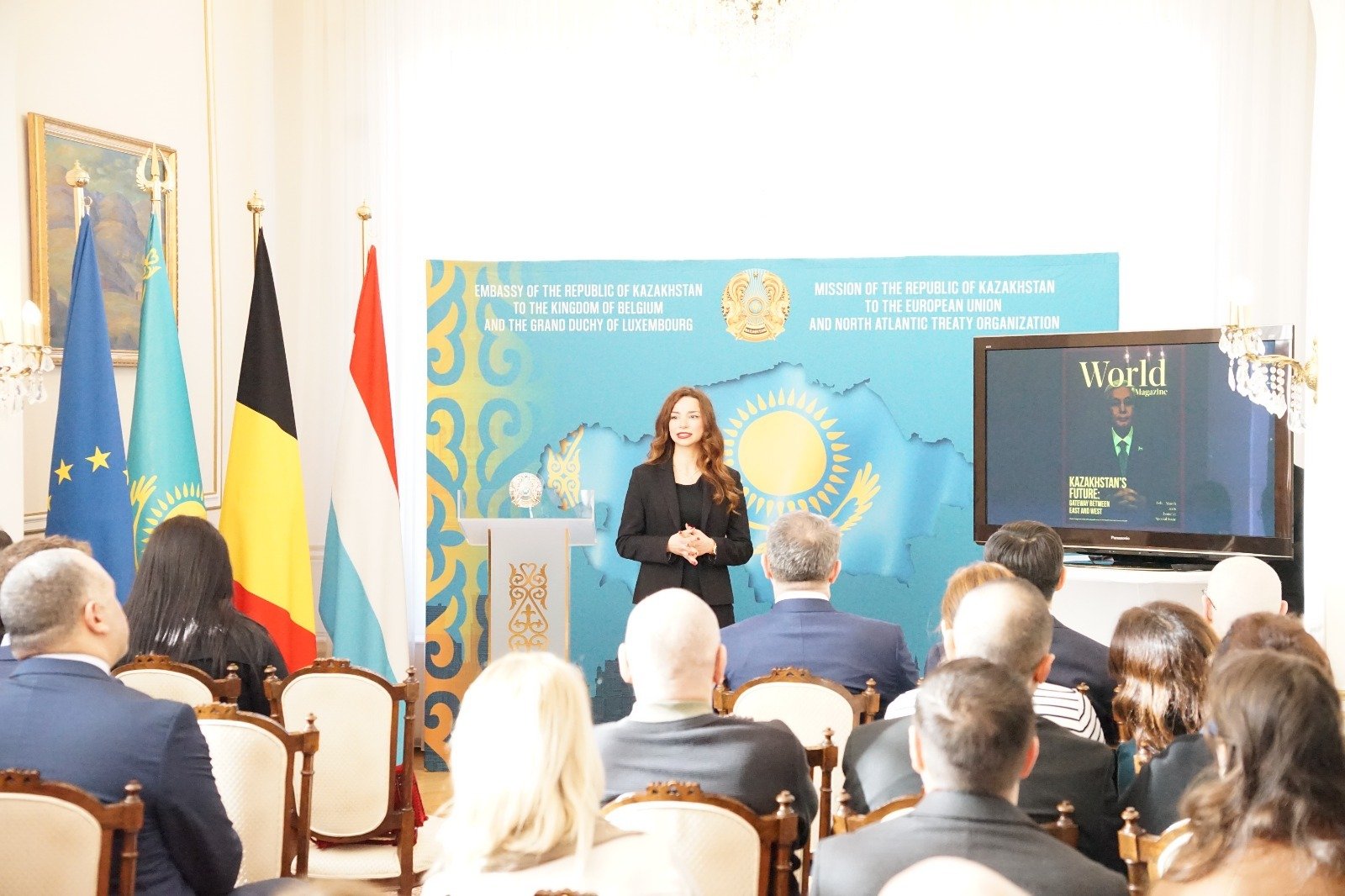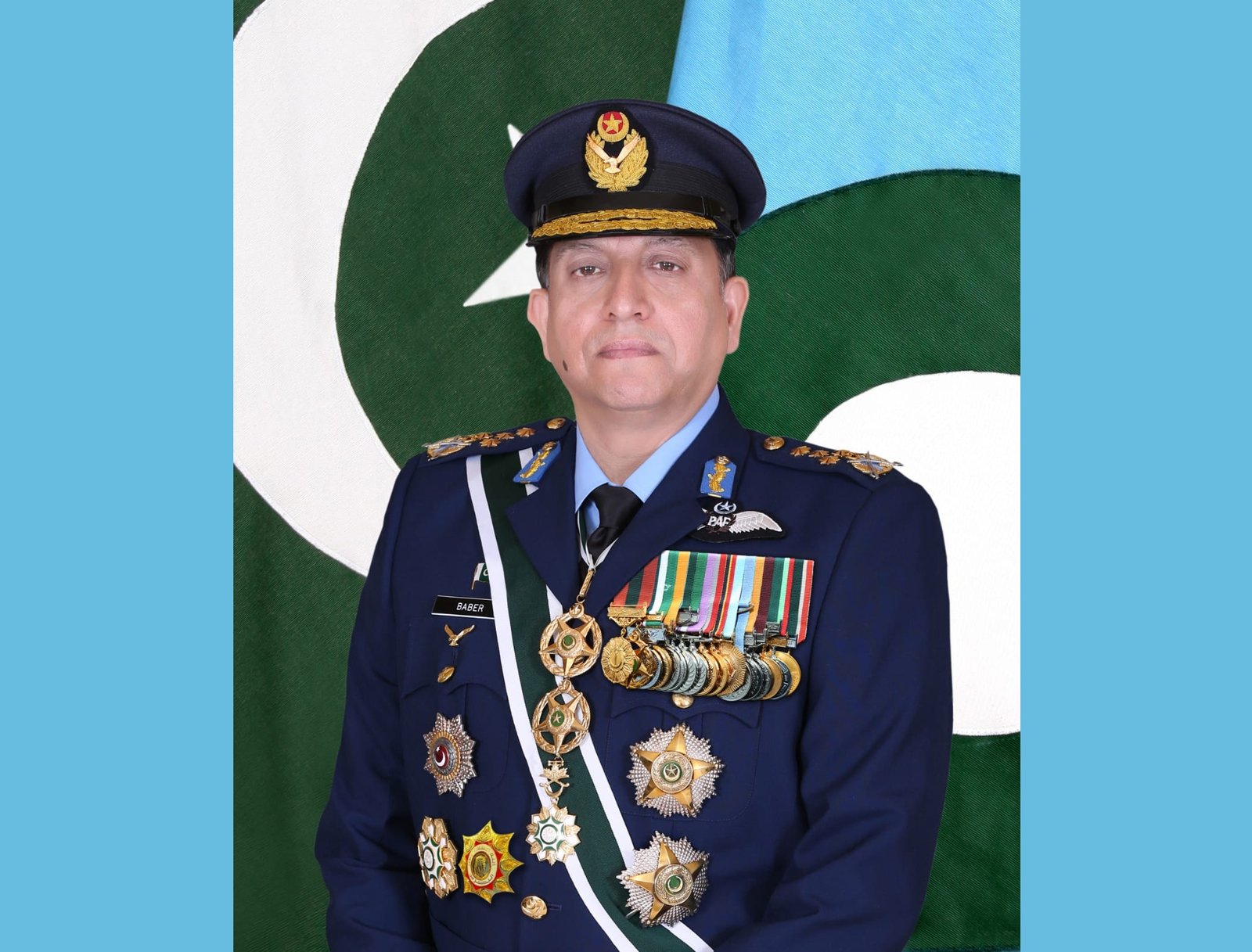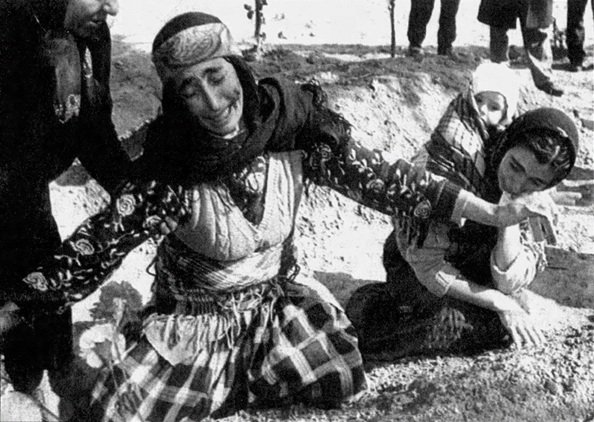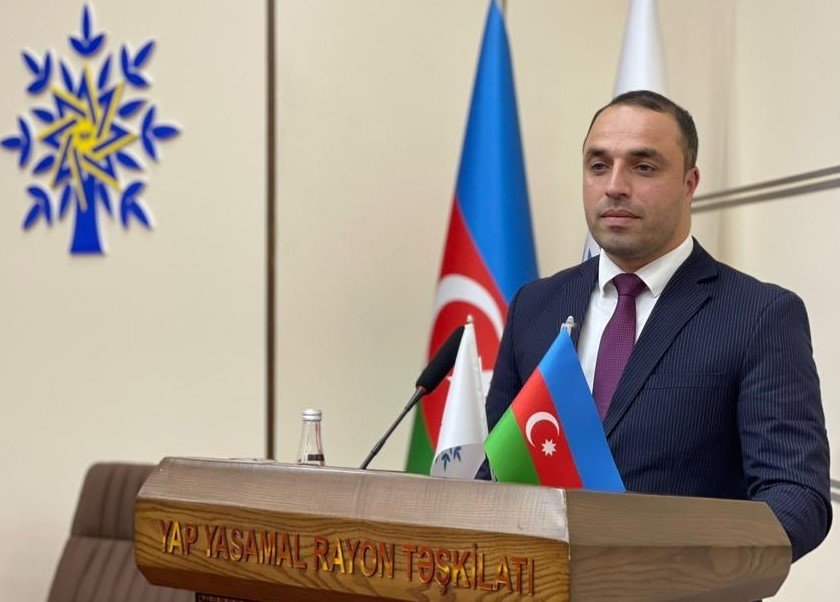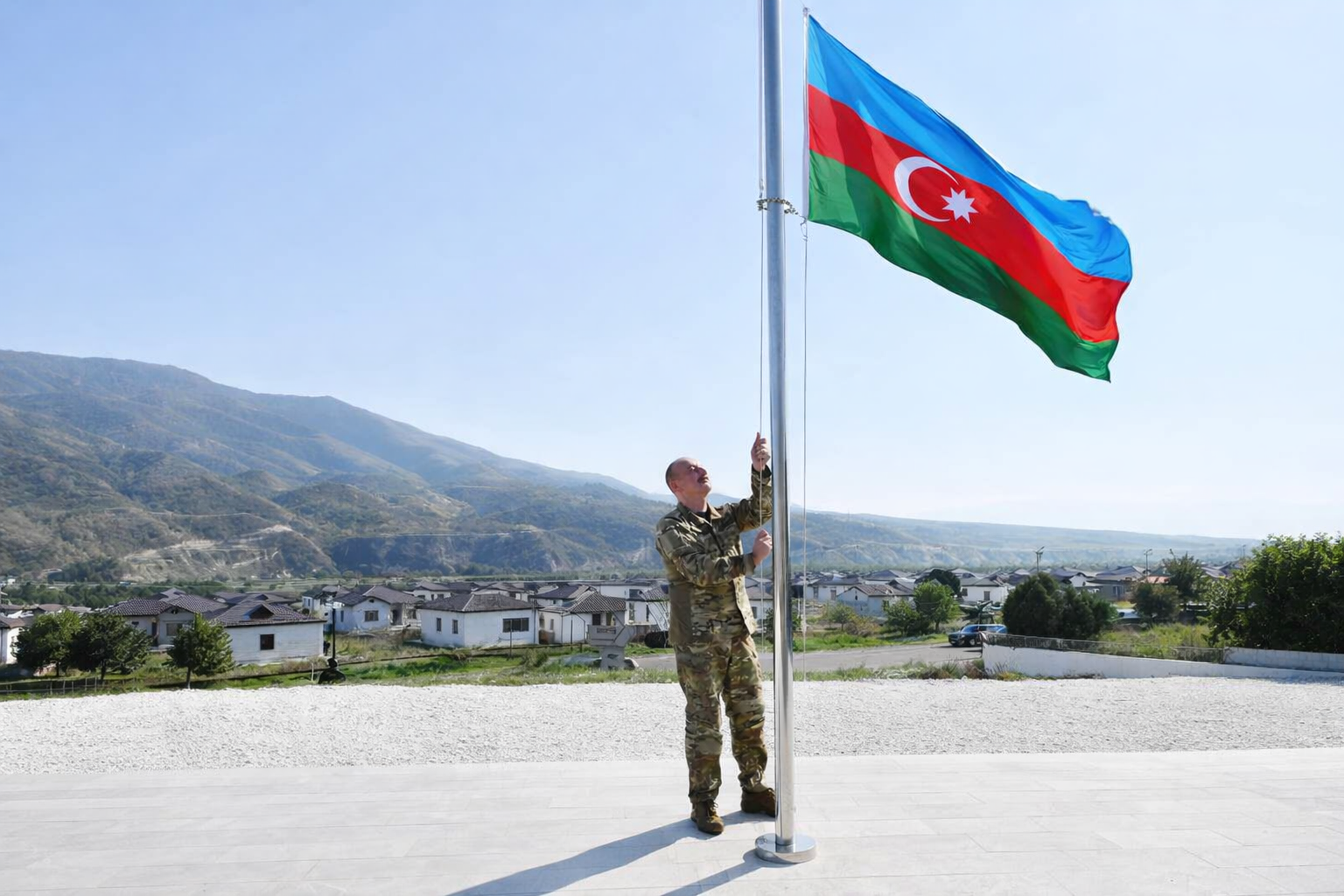The life and contributions of Mukhtar Omarkhanuli Auezov reveal a multifaceted figure whose influence extended beyond literature and into the realms of language, education, and cultural identity. Auezov’s significance in the development of Kazakh literature and the promotion of the Kazakh language is particularly noteworthy.
Auezov’s literary journey began in the 1920s, a period marked by the influence of the Soviet era. Despite this challenging context, he emerged as a prolific writer, producing poetry and plays in the Kazakh language. His most renowned work, “Abai Zholy,” stands as a testament to his literary prowess, exploring themes of national identity, tradition, and modernization. The novel is hailed as a masterpiece of Kazakh literature and played a pivotal role in elevating the status of the Kazakh language.
Auezov was not only a writer but also a language reformer. Faced with the dominance of the Russian language during the Soviet era, he staunchly believed in the intrinsic value of the Kazakh language as an integral part of Kazakh identity and culture. His efforts to simplify Kazakh spelling and grammar aimed to make the language more accessible to the general populace. Moreover, his advocacy extended to the realms of education, government, and official settings, fostering the use of Kazakh in various aspects of public life.
Serving as a professor of Kazakh language and literature at the Kazakh Pedagogical Institute in Almaty, Auezov played a crucial role in shaping the linguistic and literary landscape of Kazakhstan. His commitment to developing the Kazakh language and promoting it within academic and official spheres had a lasting impact on education and cultural expression.
Auezov’s contributions were not limited to literature; they extended into the cultural and national identity of Kazakhstan. In the post-independence era, he became an emblematic figure representing Kazakh national identity. His works continue to be widely read and celebrated in Kazakhstan, reflecting their enduring significance in the nation’s cultural fabric.
The recognition Auezov received, including the Stalin Prize for “Abai Zholy” in 1943 and the title of Hero of Socialist Labor in 1958, attests to the profound impact of his literary achievements. These accolades underscore the recognition of his work at the highest levels during the Soviet era.
After Kazakhstan gained independence in 1991, Auezov’s legacy endures. His works remain influential, with plays like “Kozy-Korpesh and Bayan-Sulu” and “Enlik-Kebek” still being performed. His seminal work, “The History of Kazakh Literature,” continues to be considered a foundational text in the study of Kazakh literature.
In conclusion, Mukhtar Omarkhanuli Auezov emerges as a literary giant whose impact extends far beyond his written words. His dedication to the Kazakh language, cultural identity, and education has left an indelible mark on the nation, making him a revered figure in the annals of Kazakh literature and history.

Mr. Muhammad Ali Pasha is an Analyst and Expert on Central Asia, South East Asia, China, Türkiye and Middle East having experience in the field of article writing in various renowned journals and newspapers across the globe. Furthermore, he is a writer and poet.
Owner and Patron-In-Chief of “The Gulf Observer”, Chairman “The Gulf Observer Research Forum”, Foreign Affairs Expert, Analyst, Writer and Poet.
